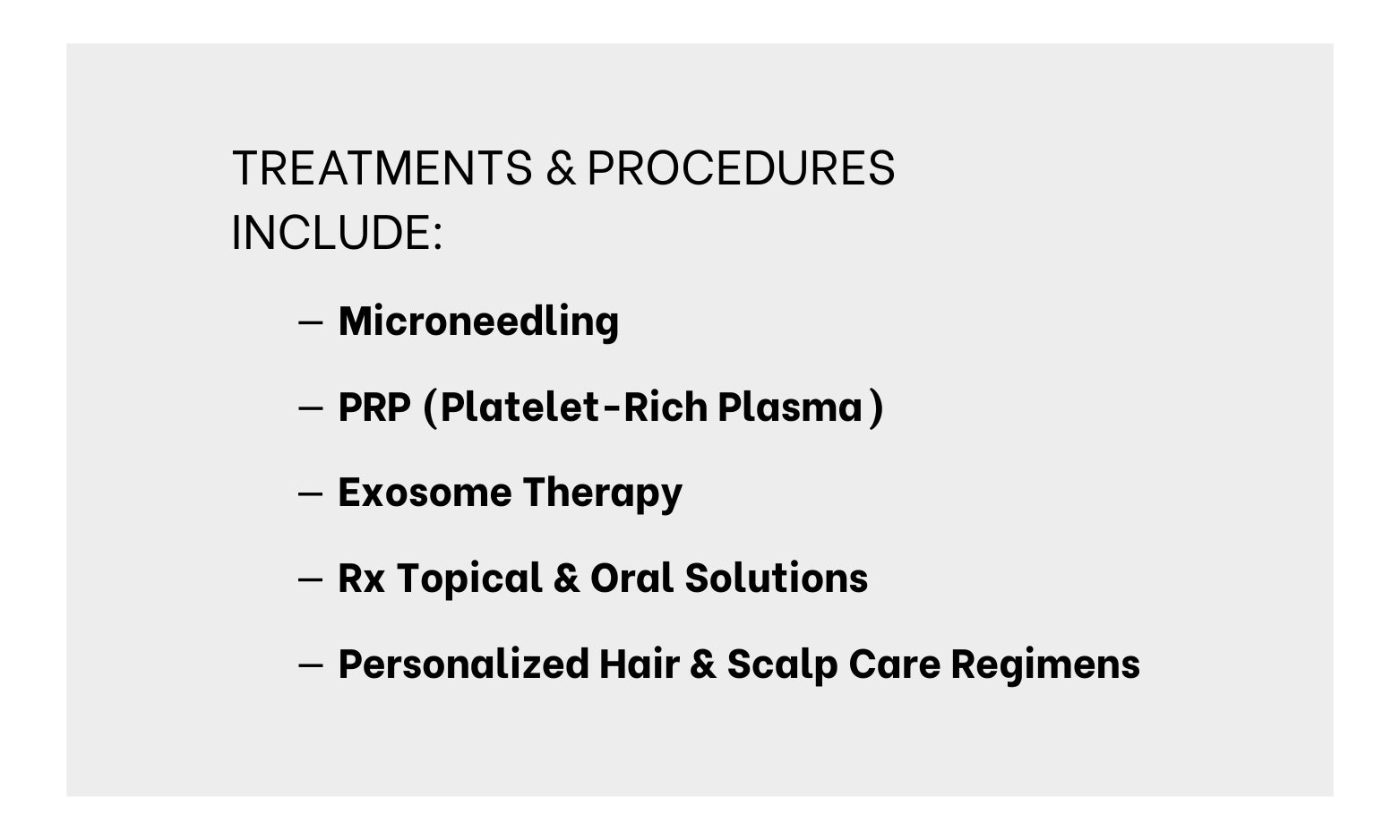
Nourish Your Hair and Renew Your Scalp for Healthier, Stronger Growth
Hair and scalp concerns can affect appearance, comfort, and self-esteem. At Chicago Cosmetic Surgery & Dermatology, our Board-Certified Dermatologists and expert clinical team diagnose the root cause of hair loss, itching, flaking, and scalp irritation, then design personalized, evidence-based treatment plans to restore scalp health and strengthen hair growth.
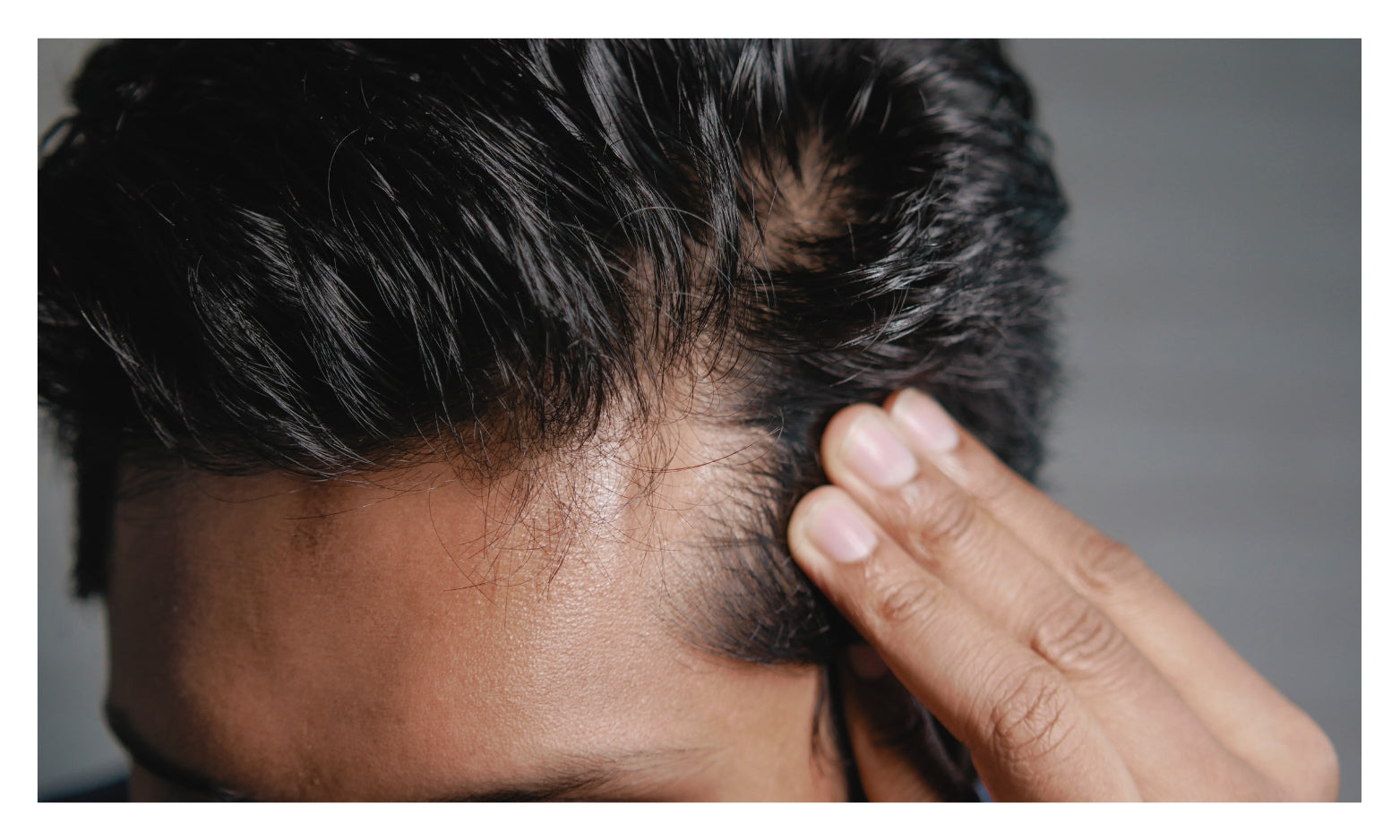
How Do You Diagnose Hair & Scalp Disorders?
We combine a thorough history and scalp exam with targeted tests when needed:
- Scalp and hair microscopy (trichoscopy) for close inspection
- Scalp biopsy for scarring vs. non-scarring hair loss
- Blood work to check thyroid function, iron, B12, hormones, and autoimmune markers
- Fungal culture or KOH prep for suspected infections
- Accurate diagnosis guides the most effective, safe treatment plan.
Types of Hair & Scalp Disorders
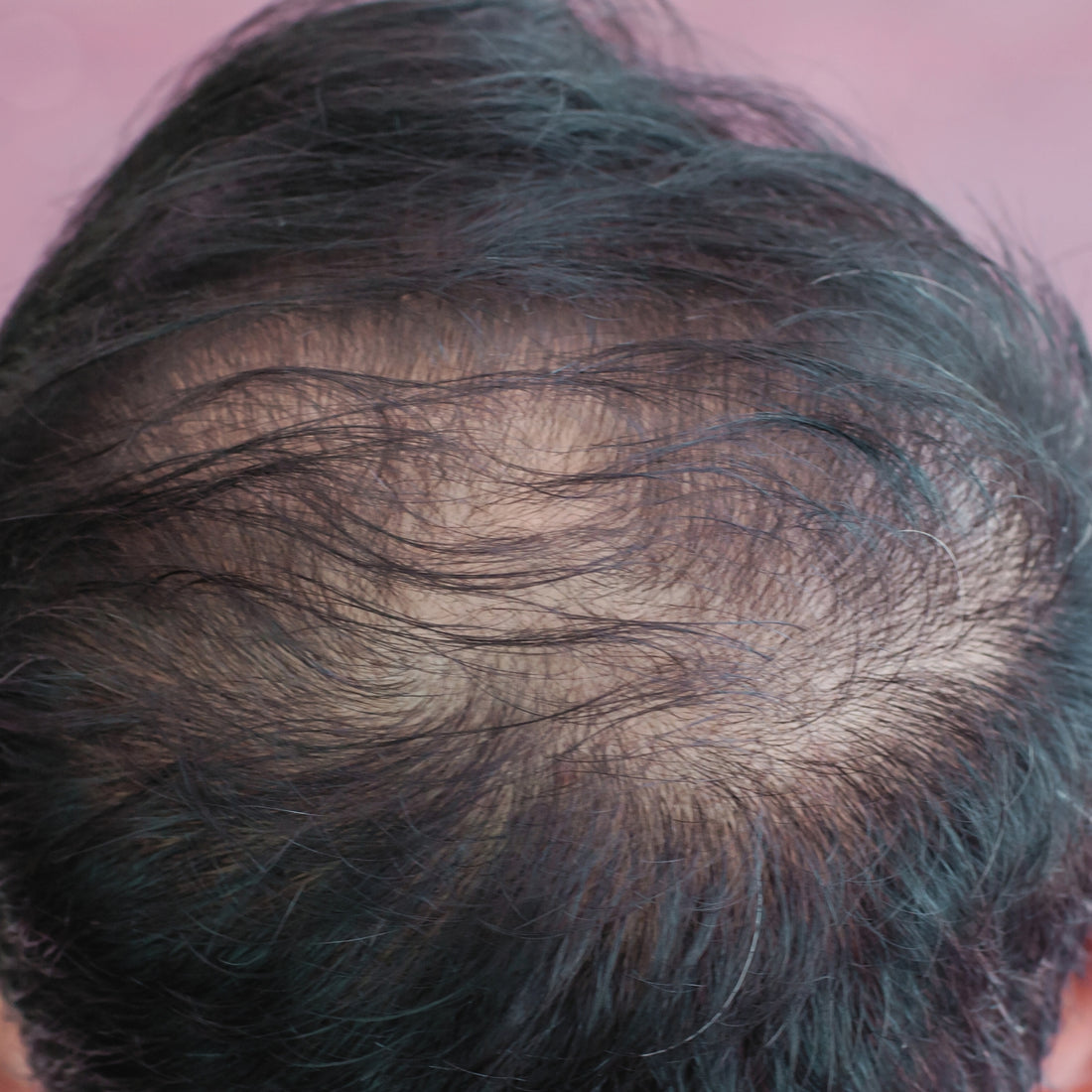
Male & Female Pattern Hair Loss (Androgenetic Alopecia)
Gradual thinning due to hormones and genetics.
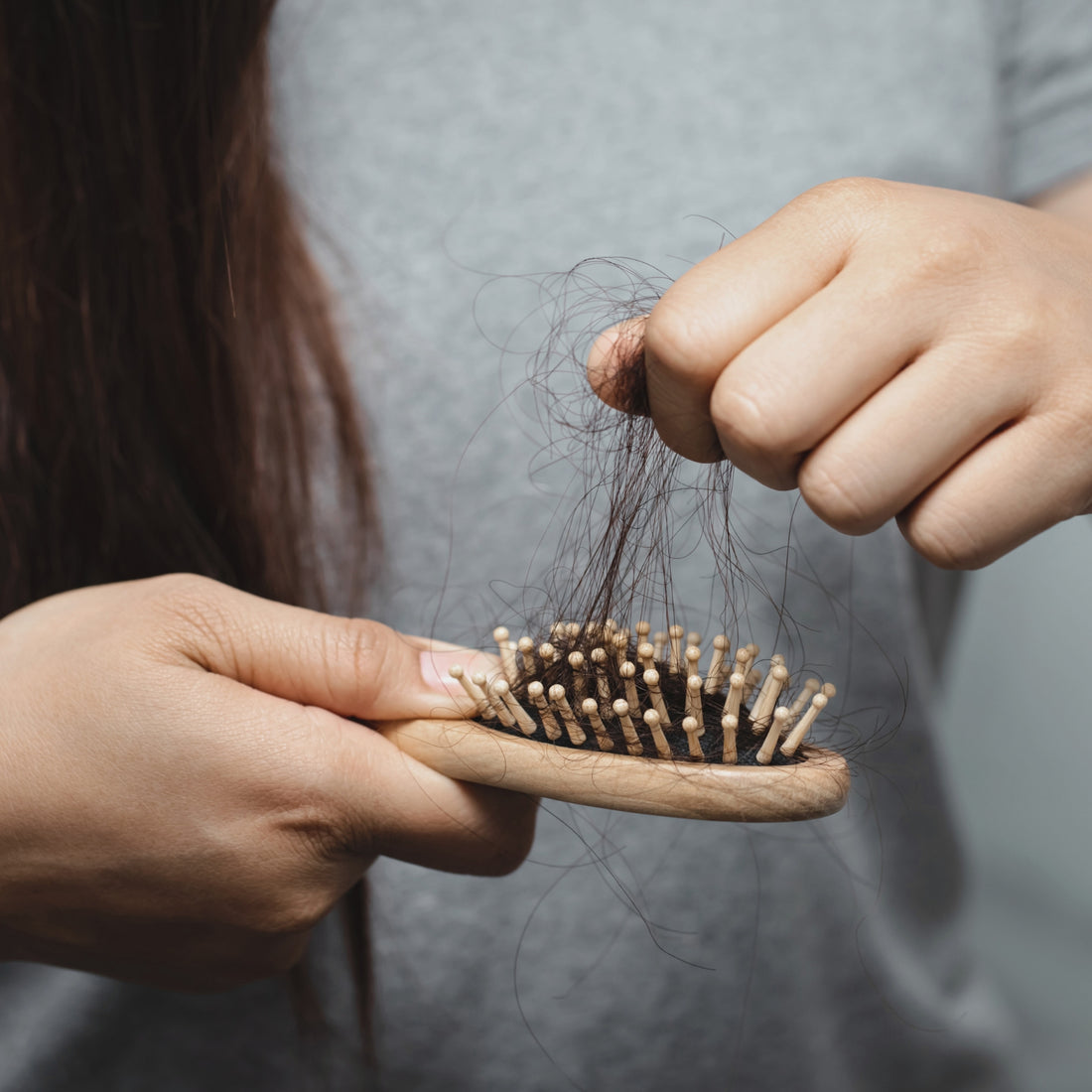
Shedding (Telogen Effluvium)
Diffuse shedding triggered by stress, illness, medications, or hormonal changes.
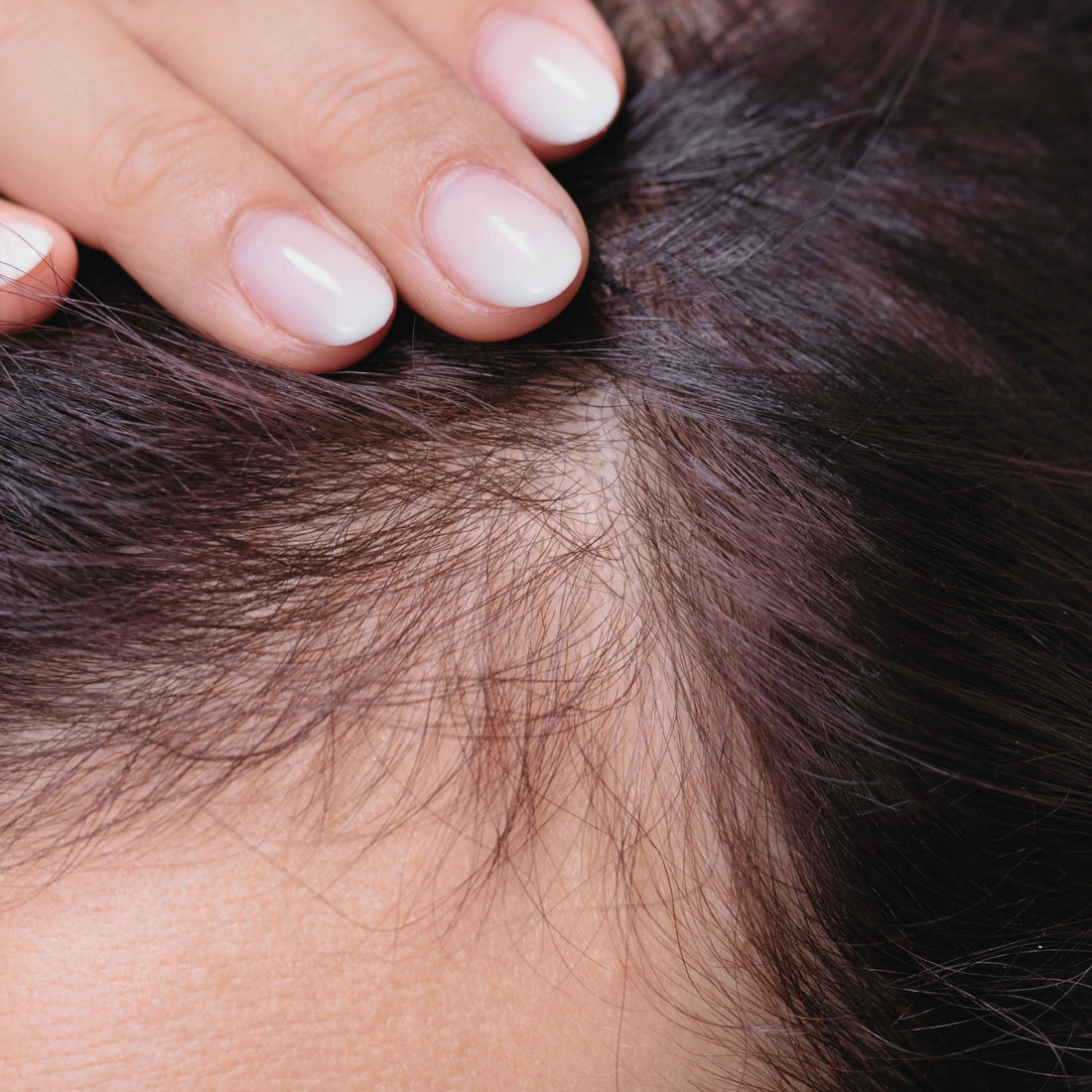
Patchy Hair Loss (Alopecia Areata)
Patchy, autoimmune hair loss that can be sudden in onset.
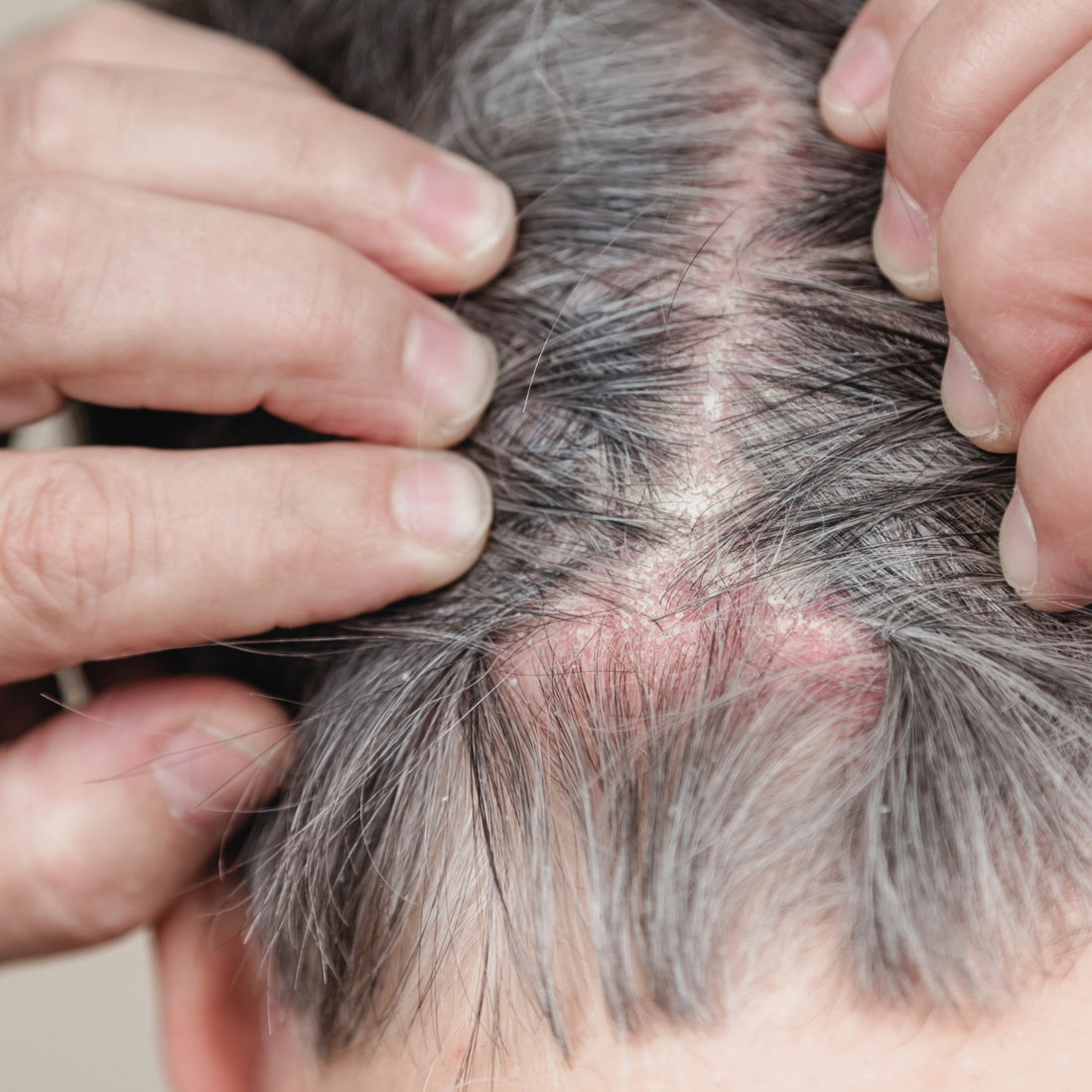
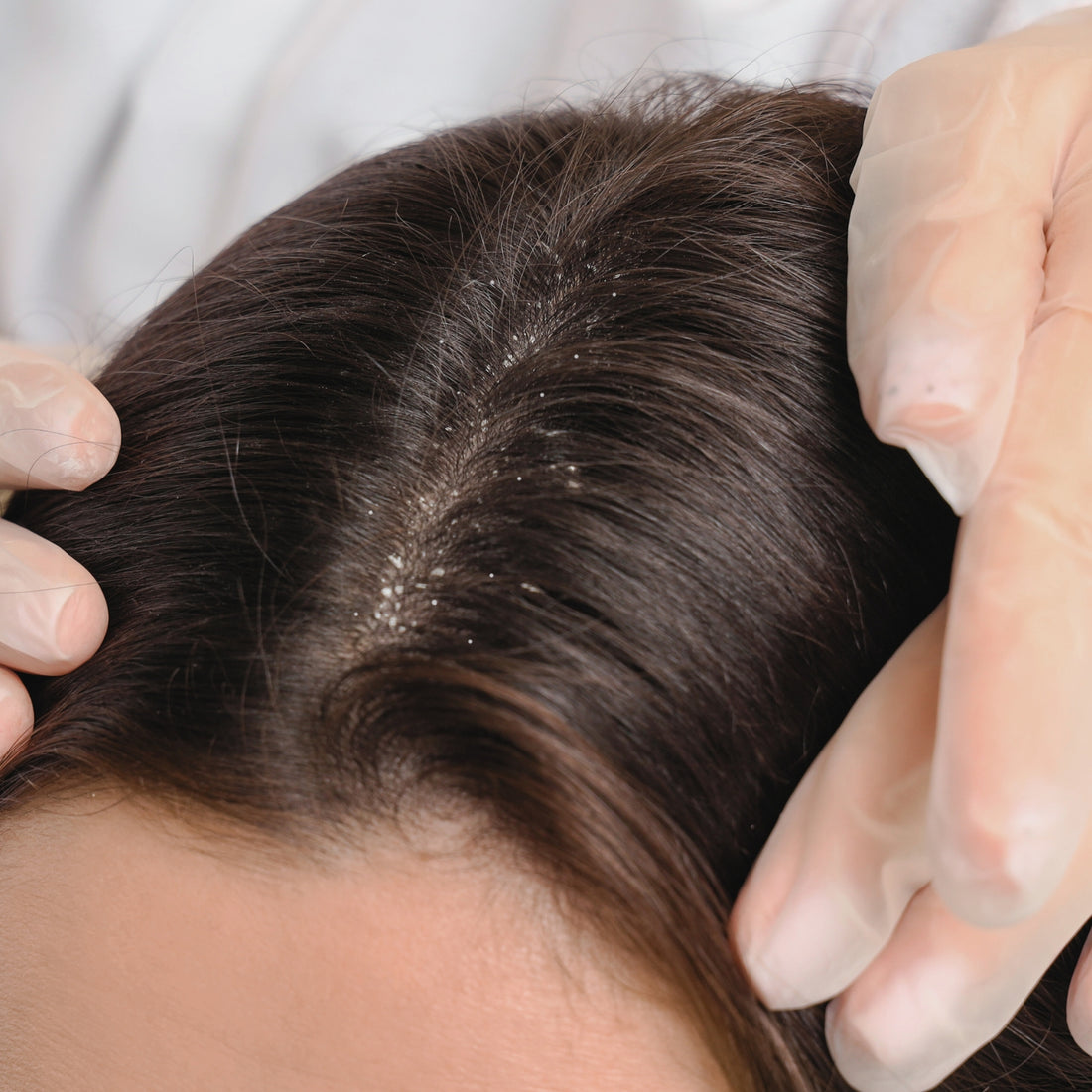
Dandruff (Seborrheic Dermatitis)
Greasy scales and dandruff with redness, often linked to skin yeast and inflammation.
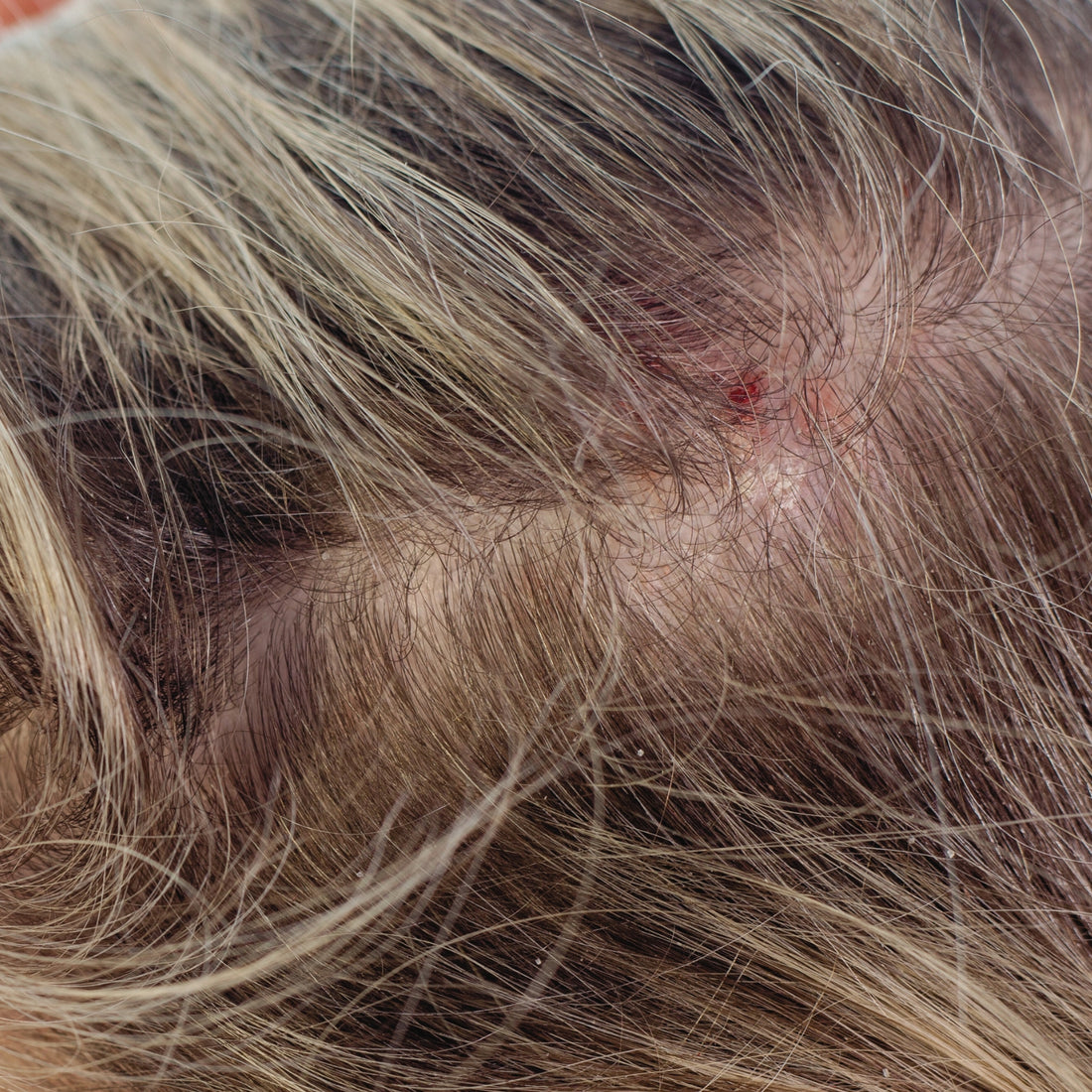
Infected Hair Follicles (Folliculitis)
Inflammation or infection of hair follicles causing bumps or pustules.
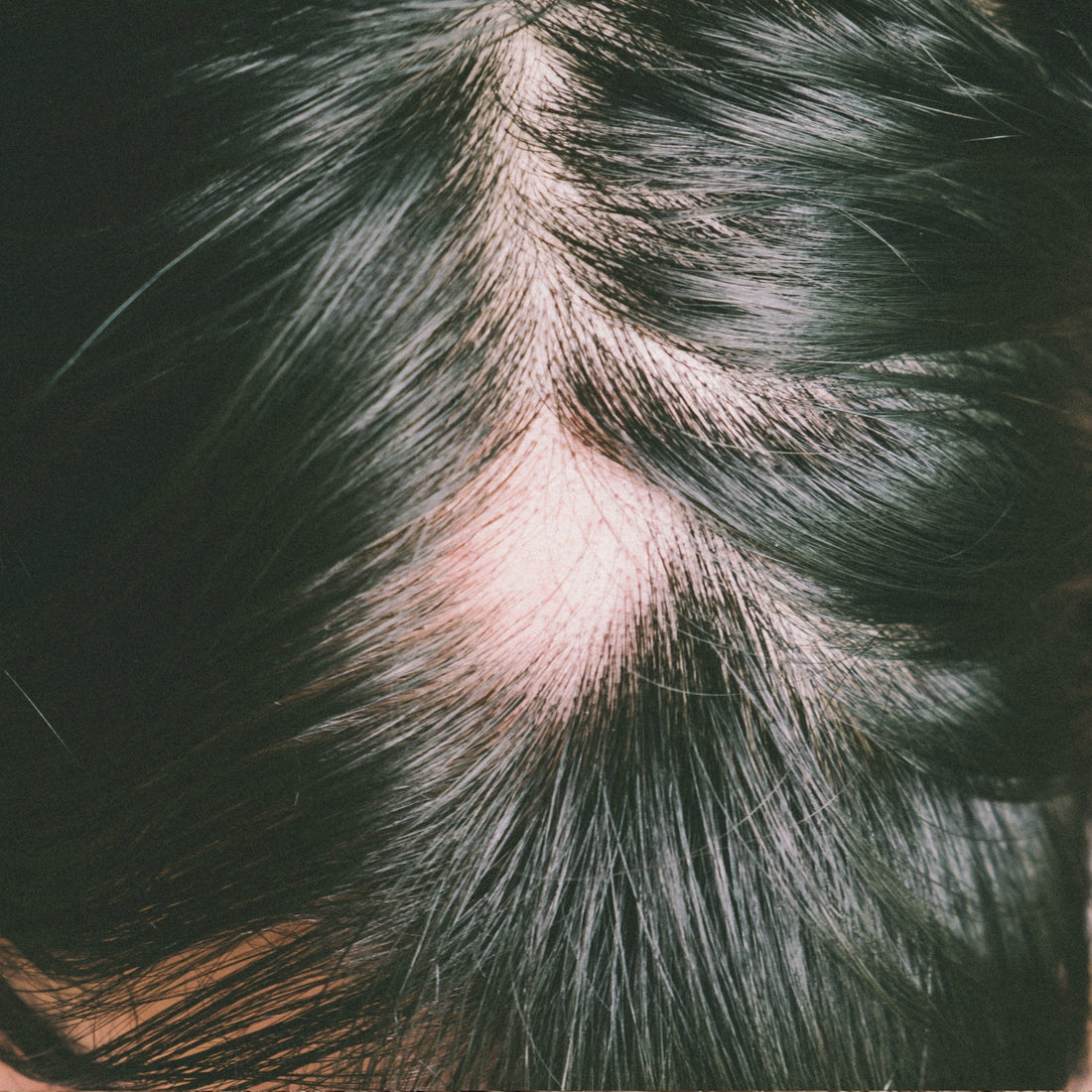
Scarring Hair Loss (Lichen Planopilaris & Frontal Fibrosing Alopecia)
Scarring hair loss disorders that require early intervention.
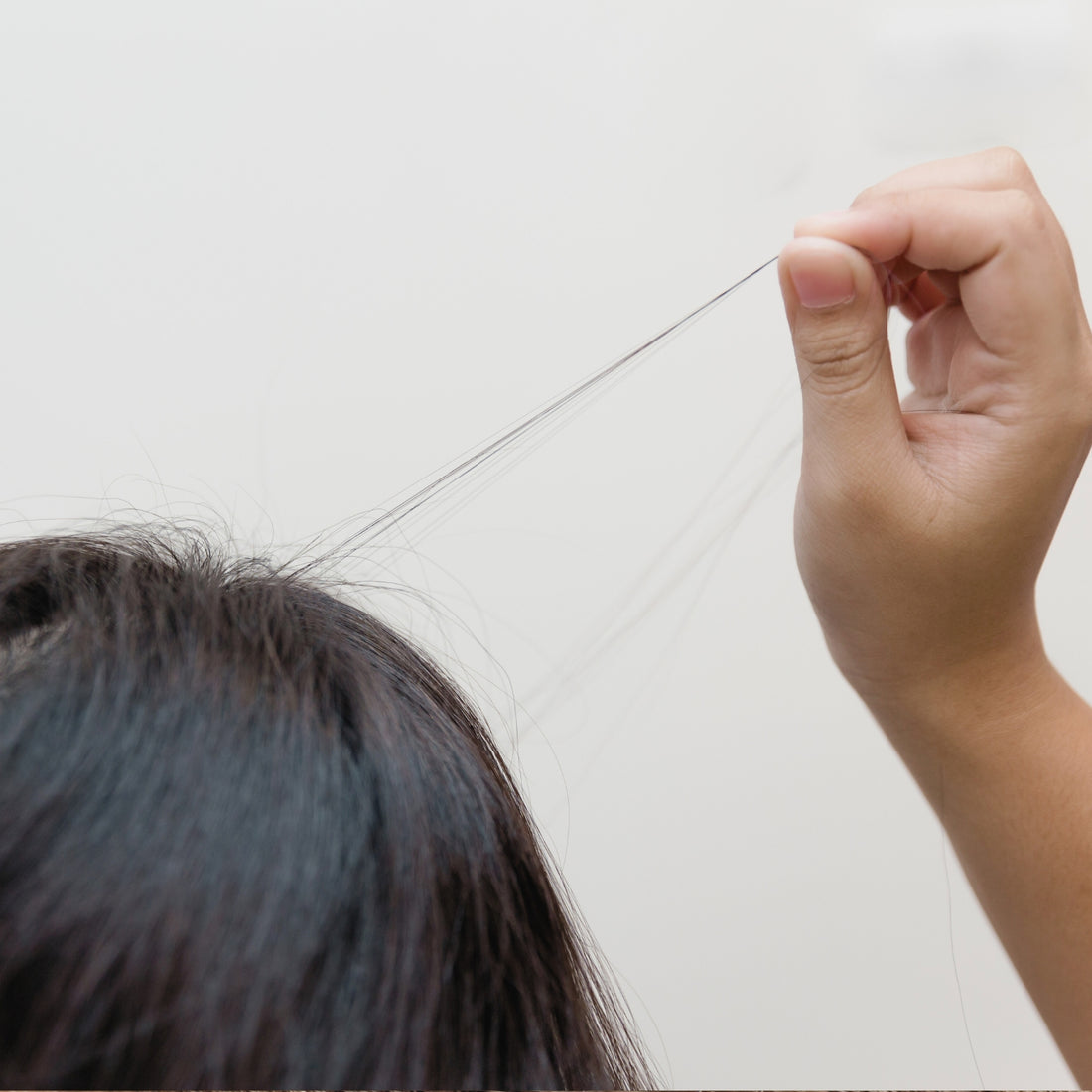
Hair Loss from Pulling (Trichotillomania)
Hair loss from compulsive hair pulling—managed with behavioral and medical approaches.
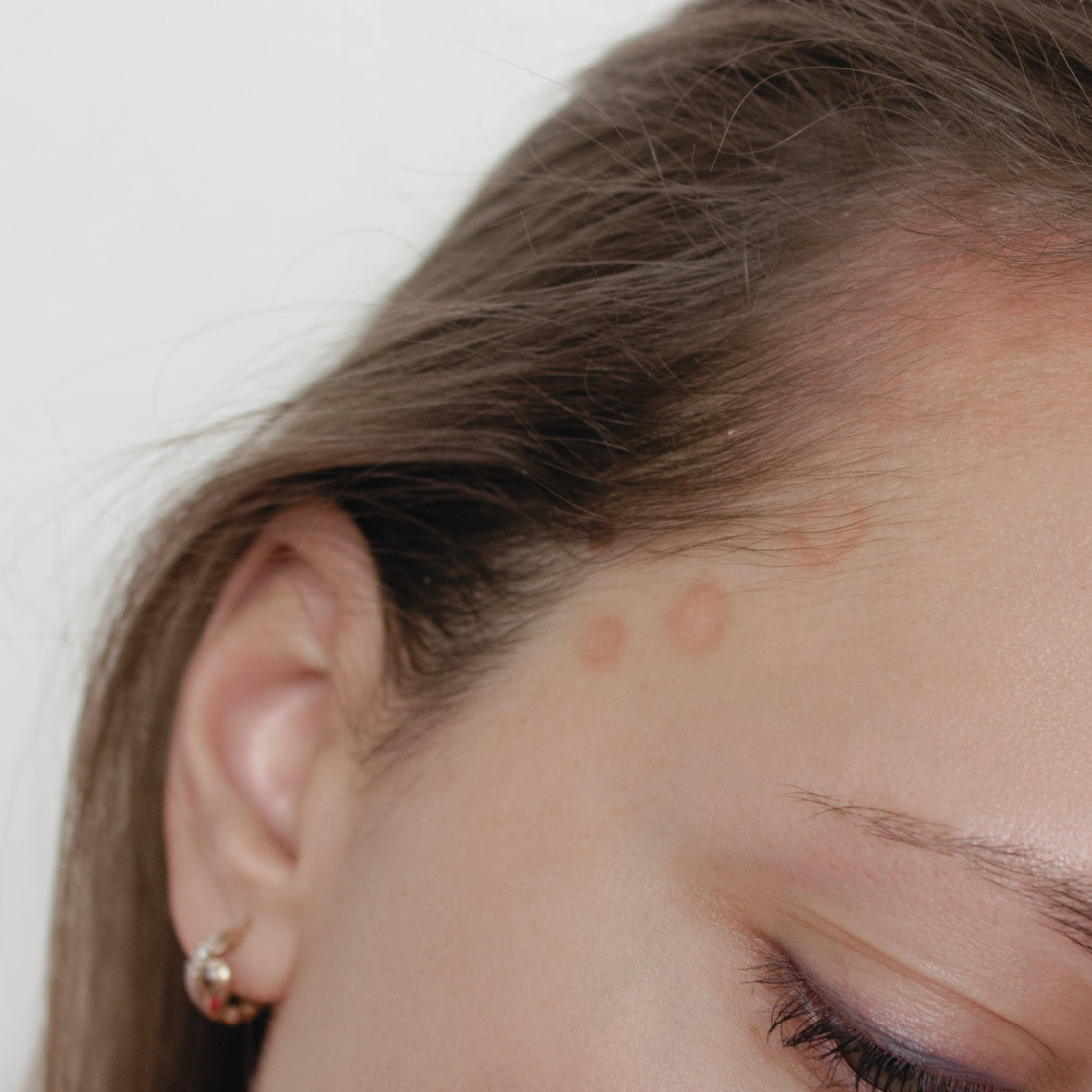
Fungal Scalp Infection (Tinea Capitis)
Fungal scalp infection, more common in children, causing patchy hair loss and scaling.

Hair Shaft Disorders & Breakage
Structural hair problems from styling, chemicals, or underlying conditions.
Why choose Chicago Cosmetic Surgery & Dermatology?


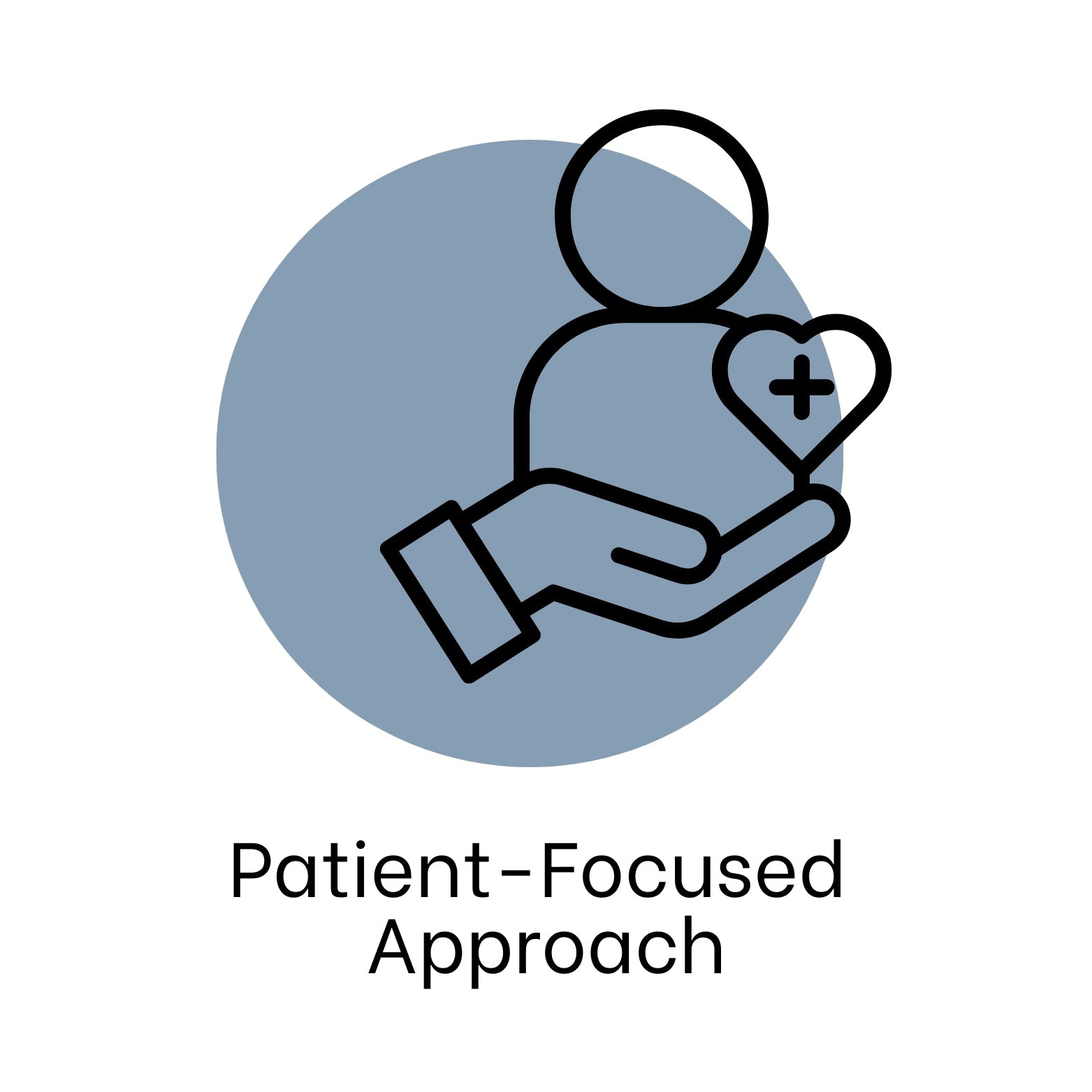



FAQ's for Hair & Scalp Disorders
When should I see a dermatologist for hair loss?
When should I see a dermatologist for hair loss?
If you notice sudden, patchy, or rapid thinning, persistent shedding, scalp pain, or scarring changes—see a dermatologist promptly.
Can hair grow back after thinning?
Can hair grow back after thinning?
It depends on the cause. Non-scarring hair loss (telogen effluvium, early androgenetic alopecia, alopecia areata) often improves with treatment. Scarring conditions may cause permanent loss without early intervention.
Are treatments safe for all hair types and tones?
Are treatments safe for all hair types and tones?
Yes—our team tailors diagnosis and care to all hair textures and skin tones to maximize safety and results.
How long until I see results?
How long until I see results?
You may notice initial changes in 3 months; meaningful improvement commonly takes 6–12 months depending on the condition and therapy.
Is PRP effective?
Is PRP effective?
PRP can improve hair density for certain types of non-scarring hair loss when combined with a comprehensive plan. Your dermatologist will determine candidacy.
Start your journey to a healthier scalp and stronger hair today.
Schedule a hair growth consultation and find out what our team of experts can do for you.




